When Michael Moore signed on as an executive producer for From Ground Zero, he called the Oscar-shortlisted film “a cinematic miracle.” That’s certainly true, but as Matt Zoller Seitz writes, “From Ground Zero is a rare work for which superlatives are not only inadequate but useless.” It’s hard to convey how incredible it is that we can even see this film. It’s an anthology of 22 short films, all shot in Gaza during the Israel-Hamas war (or genocide, as Amnesty International and Human Rights Watch call it) of the past 15 months, and all directed by and featuring Gazans.
Considering that Israel has banned the international press from entering Gaza, and has even forcibly shut down the Al-Jazeera news organization operating in Gaza, From Ground Zero is a “miracle” indeed. It was produced and supervised by Rashid Masharawi, with a committee dedicated to choosing different film pitches. Tutors based in the Middle East and Europe supervised the projects, while experienced coordinators on the ground in Gaza ensured the technical and human resources needed for filming. But make no mistake — these are deeply personal documents of a people, a time, and a place, and should be required viewing for everyone.
Dealing with Death and Trauma in Gaza
Your changes have been saved
22 Palestinian filmmakers living through war capture their lives in Gaza over the past year, revealing stories beyond the headlines. Their work offers a striking view of life’s fragility and the resilience of love in the face of devastation. Each film, ranging in length from three to six minutes, presents a unique perspective on the current reality in Gaza. The project captures the diverse experiences of life in the Palestinian enclave, including the challenges, tragedies, and moments of resilience faced by its people. Using a mix of genres including fiction, documentary, docu-fiction, animation, and experimental cinema, From Ground Zero presents a rich diversity of stories that reflect the sorrow, joy, and hope inherent in Gazan life.
Release Date
January 3, 2025
Runtime
112 Minutes
Studio
Masharawi Fund for Films and Filmmakers in Gaza and Coorigines Production
Producers
Rashid Masharawi
, Michael Moore
Pros
- A wide range of interesting and powerful stories from extremely important perspectives.
- A deep look at what’s happening in Gaza, made by Gazans with whatever tools they could get and a whole lot of ingenuity.
- The fact that this exists at all is miraculous, and the films are deeply moving.
- Even if it’s not technically and aesthetically polished, it’s a crucial historical document.
Many of the short films in From Ground Zero take place among the tents of a sprawling refugee camp near the sea. “Selfie” is a simple and poetic introduction to this world, beginning with a woman on the beach writing what is essentially a letter to the audience. It will be rolled up and placed inside a water bottle and thrown into the sea, a metaphor of sorts for the film itself; like a message in a bottle reaching a reader, From Ground Zero has miraculously reached all of us outside Gaza, an impossible place to enter or leave.
After the mournfully reflective first short, Muhammad Al Sharif’s single-take short “No Signal” increases the intensity. In it, a man searches through the rubble of a recently bombed house to find someone. You feel the frustration and uncertainty of it all, not knowing if someone is alive or dead, and if there’s anything you can do. Islam Al Zeriei’s “Flashback” then takes you through the PTSD of a young girl (Farah Al Zeriei, a relative of the filmmaker) who survived one of those bombings. Trauma is distilled in the face and voice of the girl, who weeps trying to express what it’s like at night, attempting to sleep but always reminded of when her house caved in.
Related
10 War Documentaries That Will Have You in Tears
War can be one of the most heartbreaking aspects of humanity. Here are 10 documentaries that will have you bawling your eyes out.
For this girl and every Gazan, it’s almost impossible not to be constantly aware of impending death and destruction. After all, everywhere you look are starving refugees and toppled buildings, and the air is thick with the incessant cacophony of military drones, like chainsaws in the sky. Farah can only drown out the noise by putting her headphones on and listening to music. “Flashback” ends that way, with Farah wearing headphones and dancing in the sunshine, a gorgeous scene that reminds us of another theme in From Ground Zero — the importance of art as not just distraction but protection.
Creating Art & Finding Hope
Bashar Al Balbisi is an accomplished dance trainer and choreographer, and his film “Charm” takes a similar route as “Flashback,” with a girl using music and dance as a joyful detour from melancholy. It’s a much more cinematically presented short, with graceful shots and more intricate editing, and looks wonderful. Actor Nidal Damo’s film “Everything Is Fine” also studies our universal need for art and distraction, especially during wartime. It follows a stand-up comedian preparing for a show, and even features some funny gallows humor and slapstick. There’s a Roberto Benigni-like quality to it.
Related
The 20 Best War Documentary Films of All Time, Ranked
Great war documentaries can educate, inspire, infuriate, or provoke, and these are the 20 best of all time.
Hana Eleiwa’s film “NO!” is the most explicit of these films in its demand that art and hope remain in tact even during the worst times. “I’m looking for a story that speaks of joy, happiness, hope, love, with music,” Eleiwa says in the film after turning down pitches to film different tragedies. She ultimately stumbles upon the music group SOL Band (Hassan Nigim, Hamadah Nasrallah, Said Fadel, Rahaf Shamali, Faris Anbar, and Abdelkader Abu Qassim), which becomes a distillation of the theme. They keep hope, joy, and art alive with their music and performances.
“Sorry, Cinema” and Other Artistic Confessions
Of course, From Ground Zero does not shy away from the horrors of genocide and the atrocities happening in Gaza. Sometimes the thought of finding hope or beauty is too insulting when you’re suffering. One director, Etimad Washah, stops her film (“Taxi Wanissa”) to tell us that her brother died, and she’d lost the will to finish the movie. Of course, that in itself becomes part of the art, and is more poignant as a result.
“Sorry, Cinema” has a similar bent (and is the short film that resonated with me the most, as a cinephile). In it, the acclaimed Palestinian director Ahmed Hassouna tells us a bit about his life and his long struggle to finish his award-winning film Istrupya, which he couldn’t even leave Gaza to see back in 2019. He then admits that he spends less time making movies now, and more time running for his life. Frantic footage has him running from bombs or chasing down aid deliveries, like a crate of flour that busted; people gather the flour, now mixed with sand and dirt, off the ground to eat. Hassouna scavenges for wood to use for cooking and keeping warm. He apologizes to cinema itself as he uses his clapperboard for firewood.
Related
20 Best Non-Horror Anthology Films, Ranked
From western movies and science fiction films to neo-noir crime stints and animated musicals, these are the best non-horror anthology films, ranked.
“Out of Frame” features another lauded artist, Ranin Al Zeriei, as she returns to her bombed-out home. She digs through the rubble to find and show some of her art (a beautiful sculpture of a head made from shards of mirrors, a painting series). There’s such bitter irony in seeing one of her sculptures, a large white dove covered with pearls and meant to symbolize peace, on the ground with other debris.
The Children Are Watching
“Soft Skin” is perhaps the most powerful (and soul-crushing) of the bunch, documenting a group of children who are creating an animated stop-motion short using paper cut-outs. The kids, all under 10 or so, decide that their story will be about something that’s happened to each of them — their mothers have written the children’s names on their arms or legs. That way, their corpses or body parts can be identified. A young girl shares that her one-year-old brother can only say “daddy” and imitate the sound of an ambulance.
Watching the children discuss this is astonishing and just so very real. The piece of animation they put together is hauntingly beautiful as well. We see the Gazan cityscape in paper cut-outs, and a bird is used as a symbolic substitute for bombs. The bird picks up buildings and drops them into piles of rubble. The noises are real though, the actual sounds of bombs and buildings and drones and screaming. In the children’s animated paper piece, a young girl can only finally fall asleep when she wipes away her name in marker from her limbs.
Related
The Best Documentaries of 2024, Ranked
From topical movies about Palestine and Ukraine to intimate studies of interesting people, these are the best documentary films of 2024.
Children make up a large part of From Ground Zero (from “The Teacher” to the gut-punch of “School Day”). This not only makes sense (children make up 47% of Gaza’s population, due to the very short life-span there), but helps any viewer with political presuppositions see the film in a less jaded way. Rudy Giuliani said at Donald Trump’s massive Madison Square Garden rally that, “The Palestinians are taught to kill us at two years old,” but when you actually watch these children, see their lives and listen to their stories, any such misinformed and cynical thoughts quickly evaporate.
How can anyone watch a short film like “Farah and Myriam” with any hate or prejudice in their heart? Wissam Moussa’s film follows two young girls, Farah Moussa and Myriam Abed Elhadi, the latter of whom survived the bombing of her house, which killed 24 people, including her mother, sister, and grandparents. The other girl, who can’t be any older than 12 or 13, looks at the camera and tells us, “I am exhausted. I can’t go on living like this.” It’s not just their homes and families that have been destroyed, but their childhoods.
Related
‘The Bibi Files’ Review: Putting the Crooked Netanyahus on Trial
A damning documentary about how the Netanyahu family and their corruption have nearly destroyed Israel and its neighbors.
‘From Ground Zero’ Is a Crucial Piece of History
From Ground Zero isn’t visually traumatizing like so much of the footage that has come out of Gaza, but it is emotionally heavy. The anthology format helps move things along and prevents viewers from sitting with depression for long, but part of the point is that we should be sad. We should be angry. We should be doing something, instead of our American tax dollars paying for the weapons that have killed more than 50,000 Gazans. The film is a righteous call for justice in that sense.
It’s also a conduit for untapped empathy, giving us incredible insight into the daily lives and experiences of people suffering untold horrors. It’s a massive portrait of anxiety, grief, trauma, and fear, but also joy, creativity, and hope, a kind of Guernica. Of course, it’s neither polished and professional nor aesthetically unique, but that’s not the point at all (and would be fairly impossible). This is post-neorealism, with people using whatever tools they can (and a massive amount of ingenuity) to tell their stories.
Even if someone was to dismiss From Ground Zero on artistic grounds, nobody can deny its historical importance (and urgency). Like The Diary of Anne Frank, it’s a story of life during wartime, told by the target. In 100 years, it will be taught in history classes. But for now, it should be appreciated, shared with everyone, and responded to. The film opened on Jan. 3, 2025. You can find theaters and showtimes here.
You can view the original article HERE.

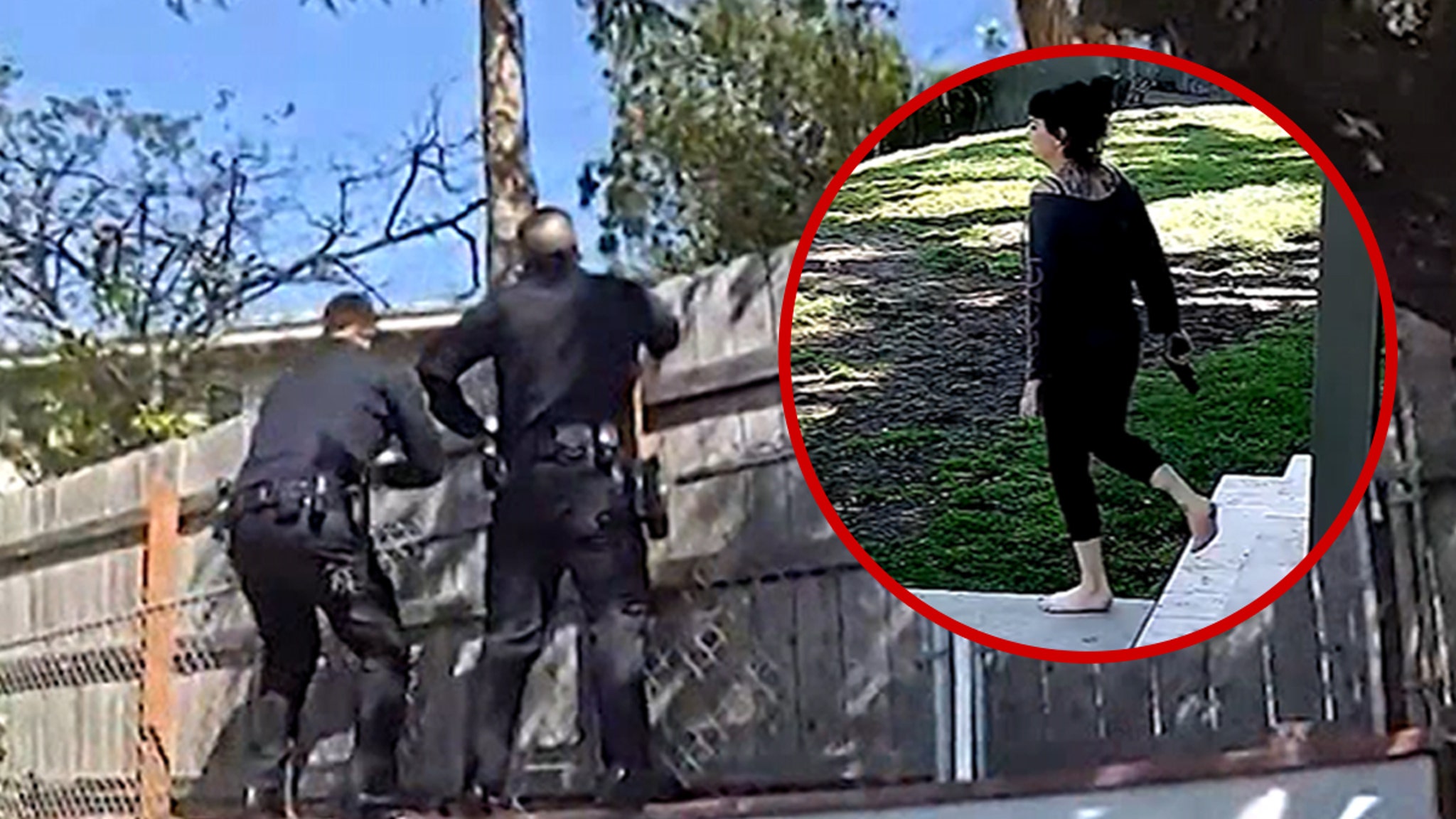
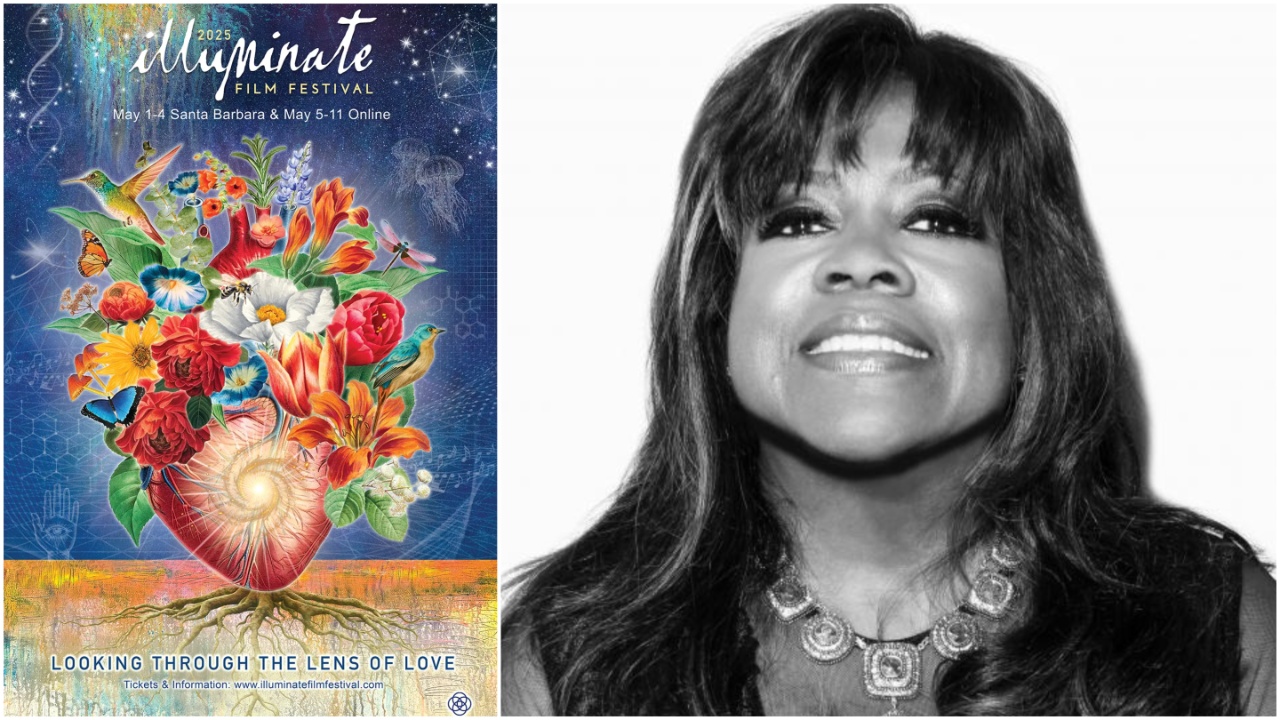



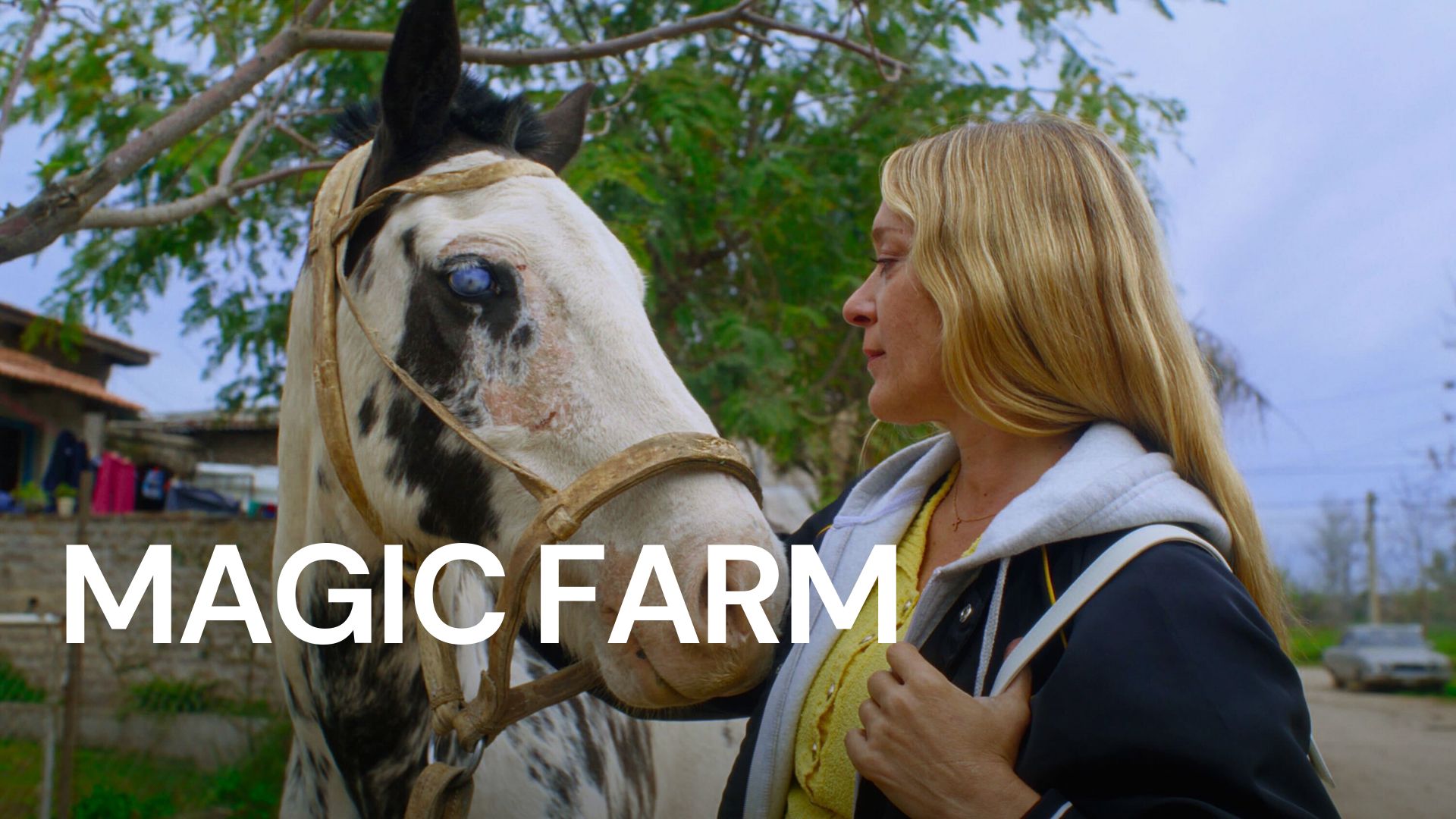
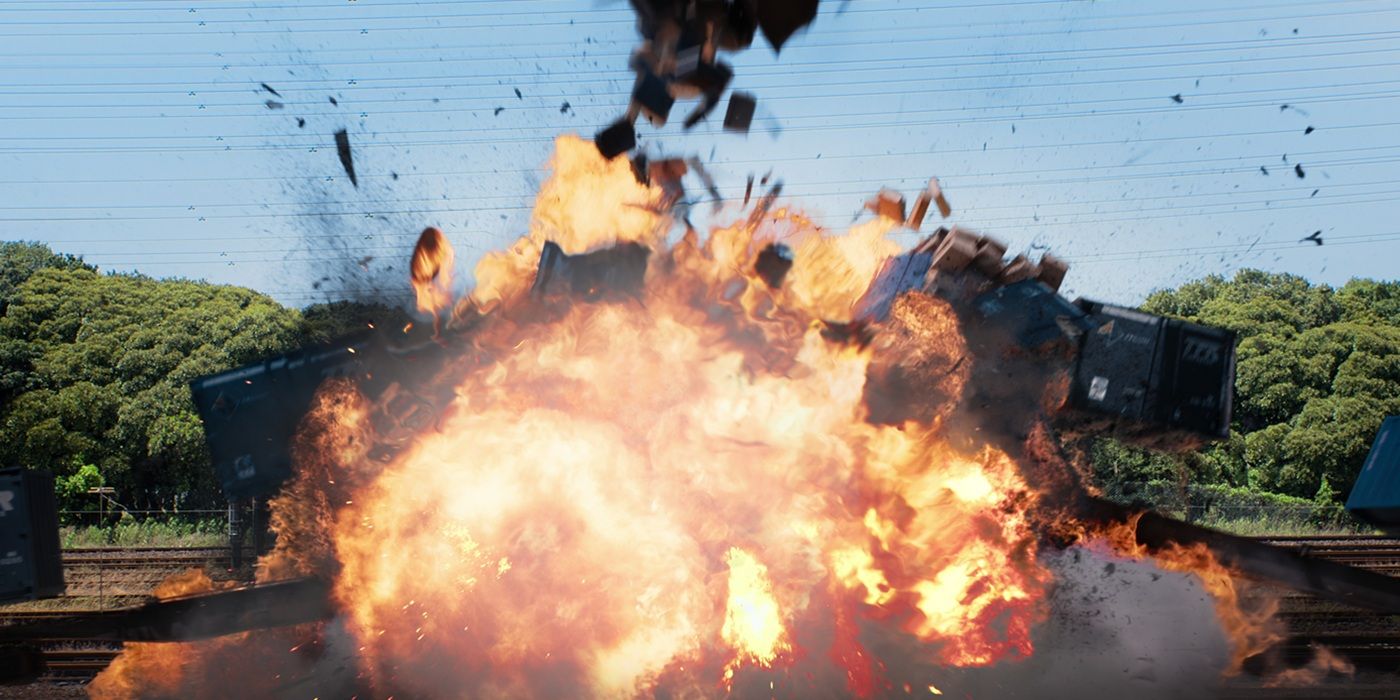

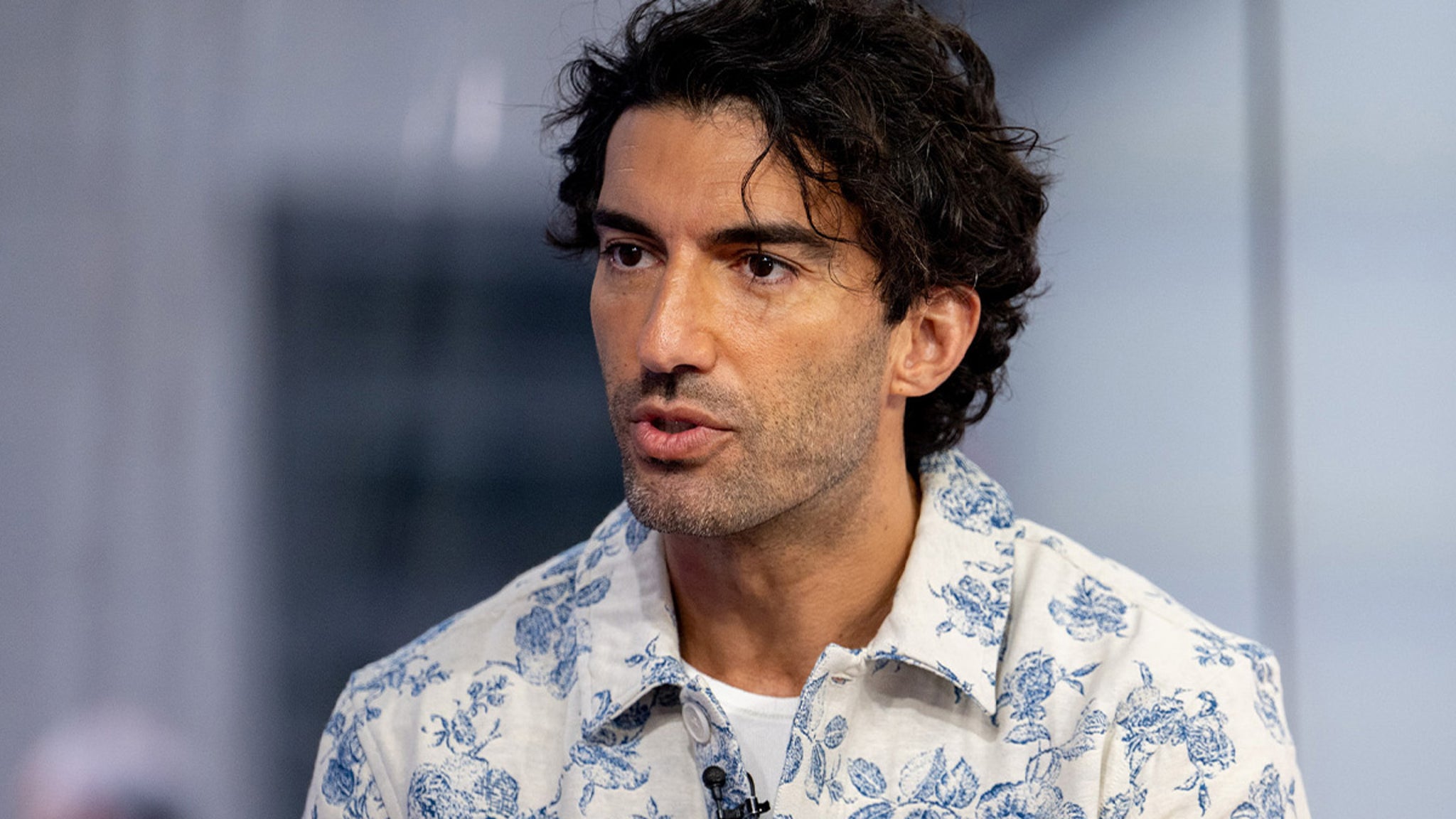

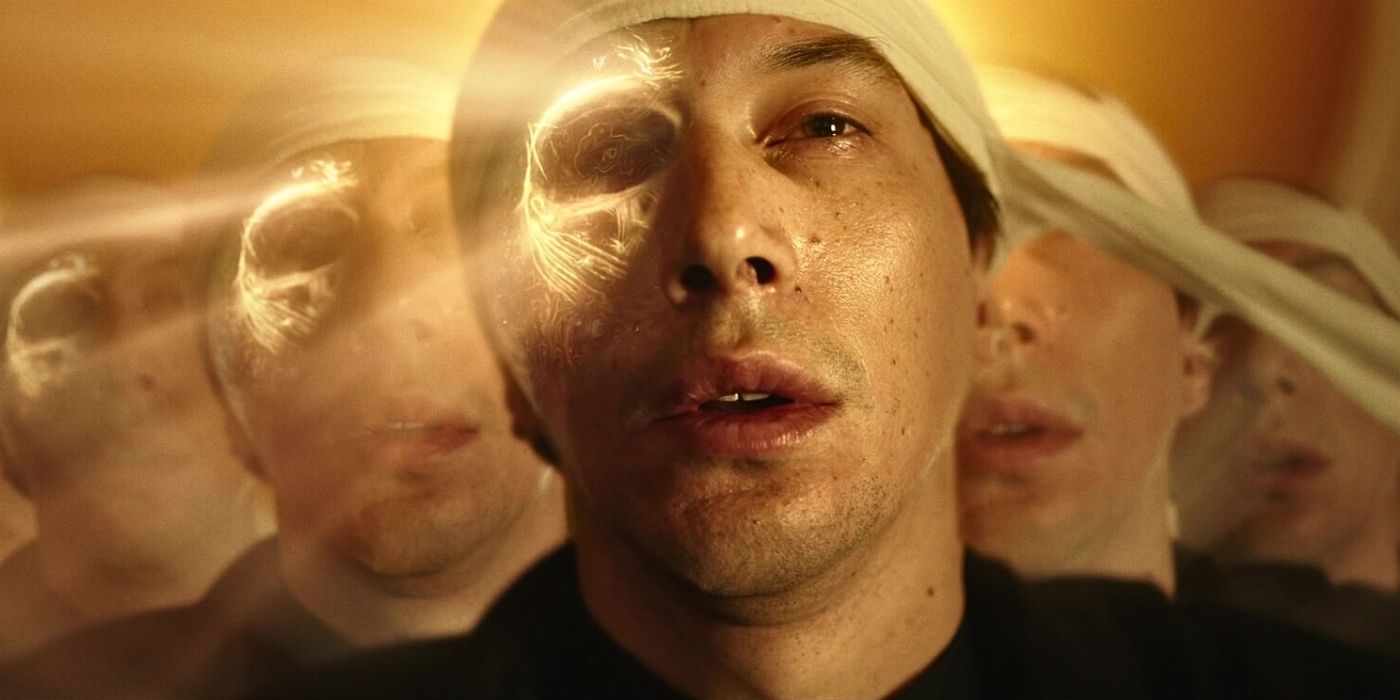
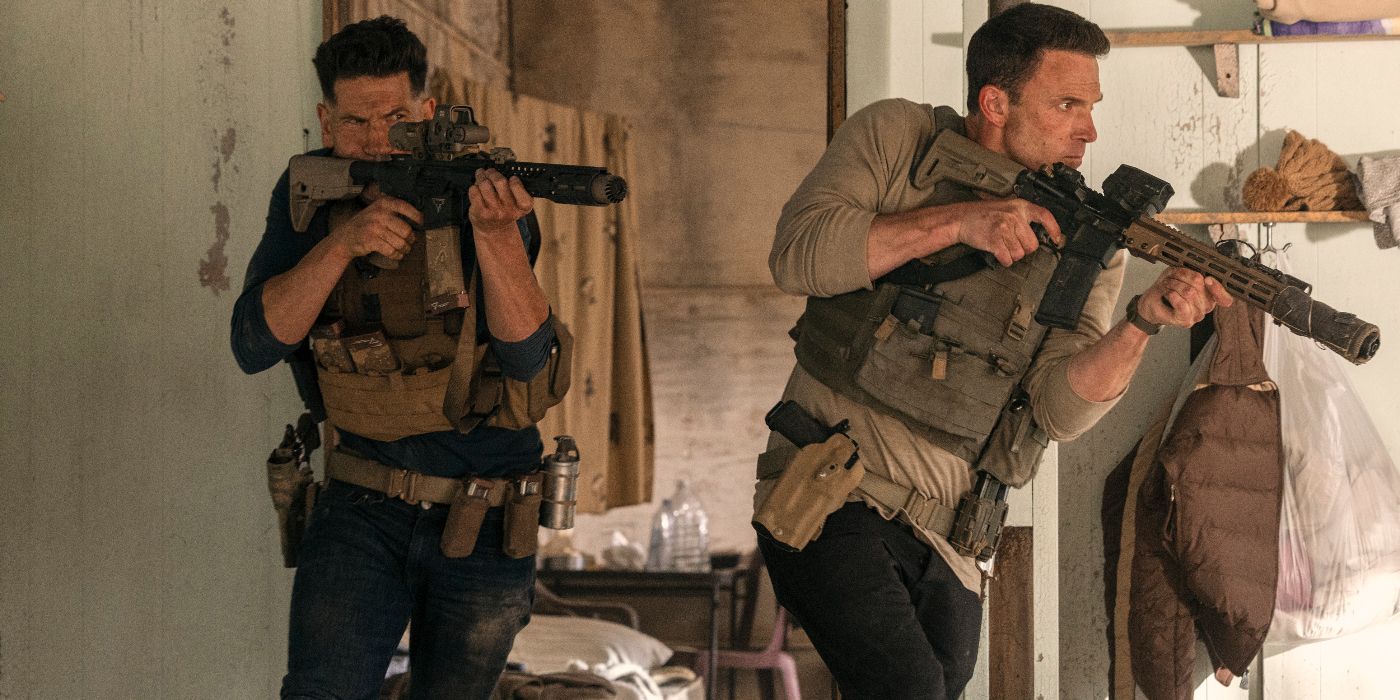

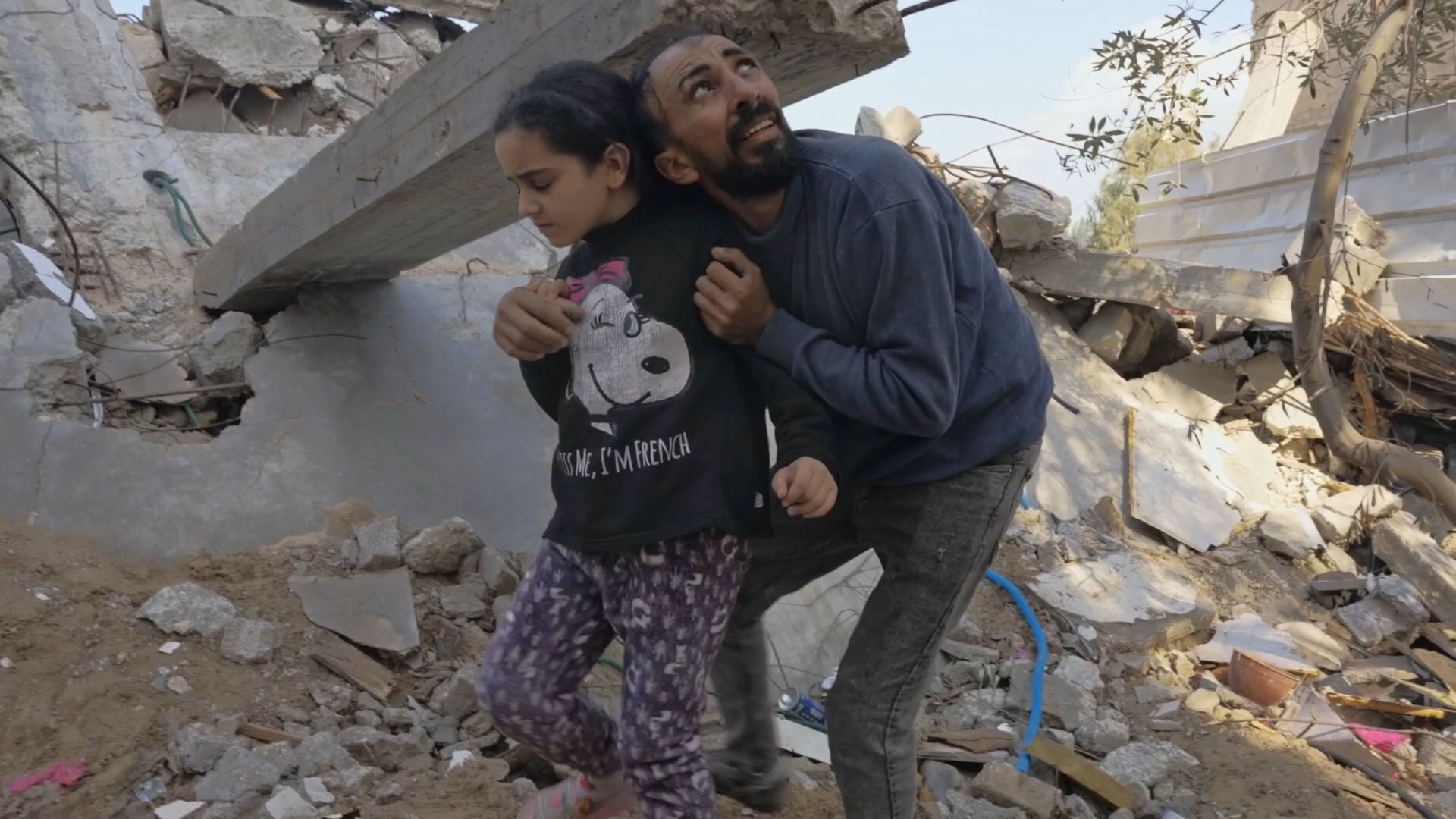
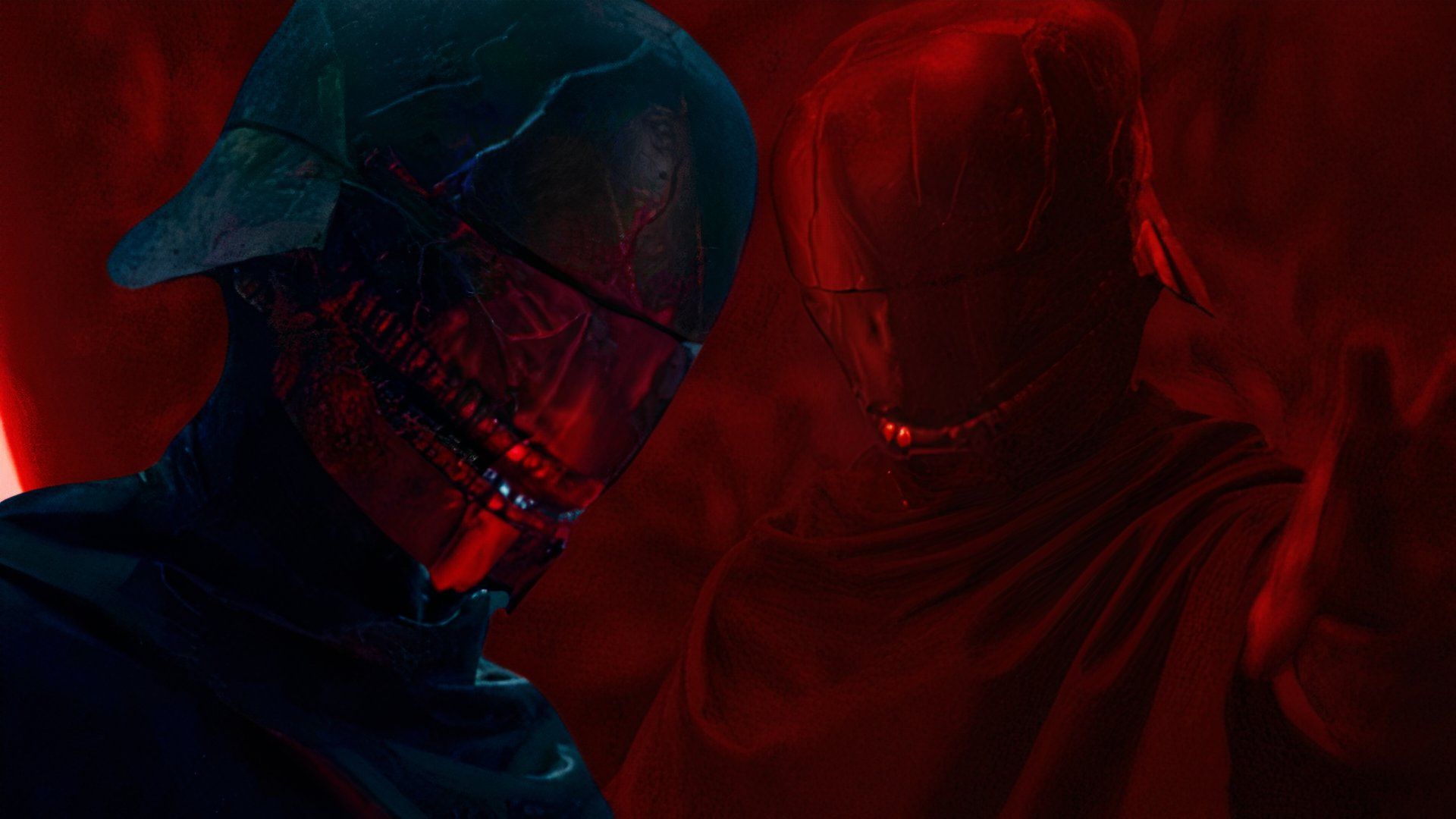





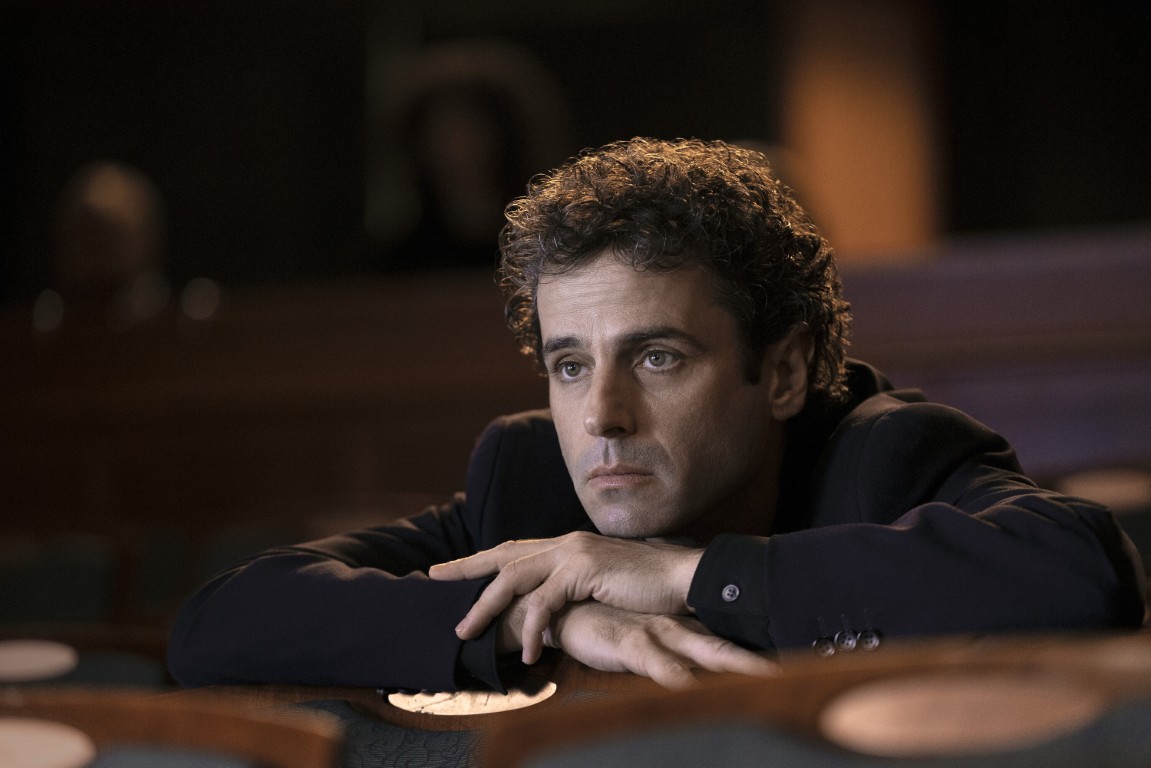





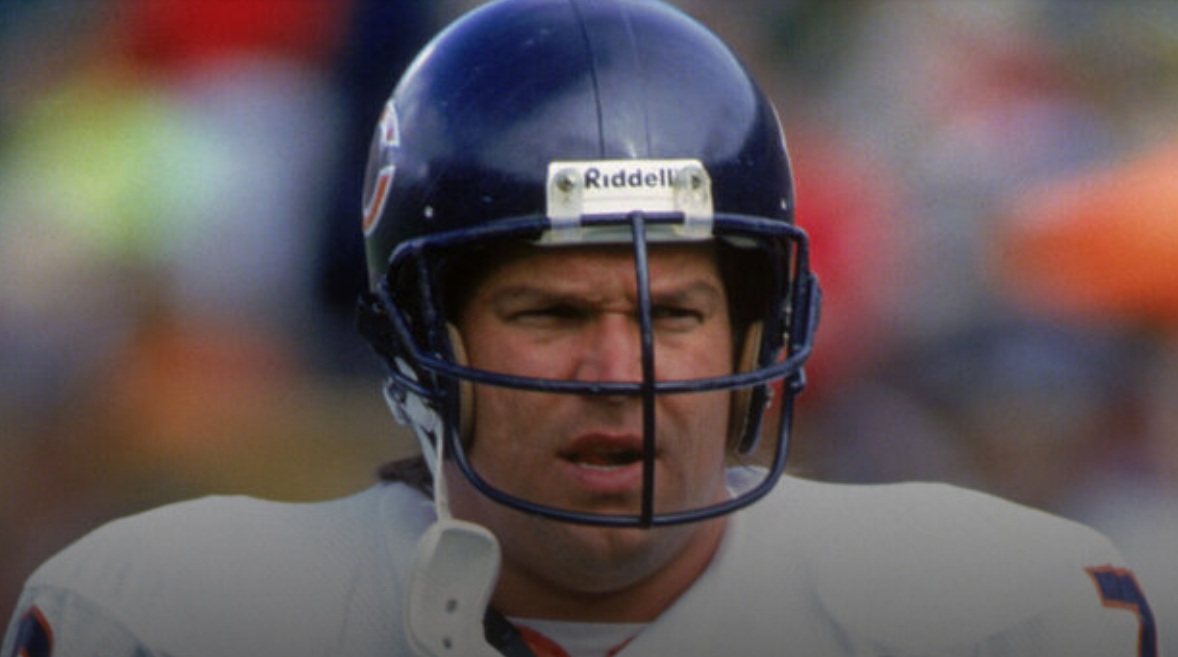
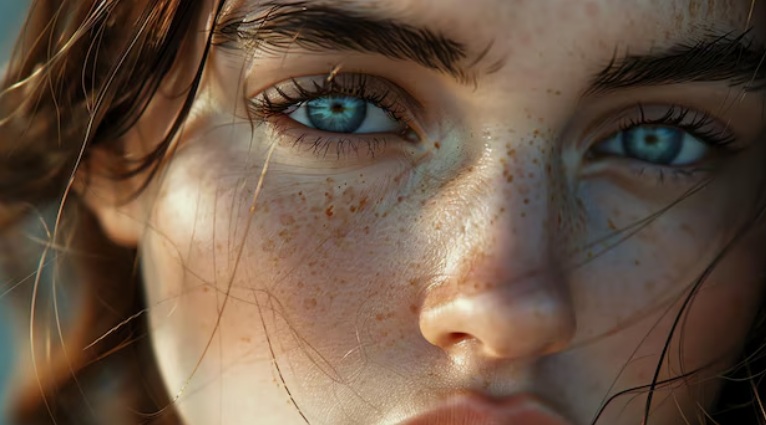
:quality(85):upscale()/2022/01/31/928/n/1922564/d3ab283161f851c4033582.14757686_.jpg)


